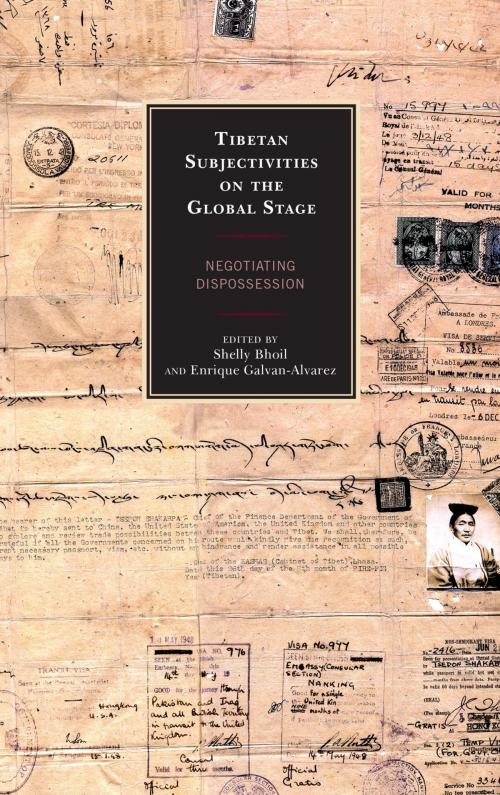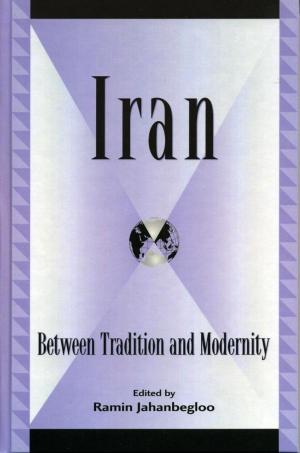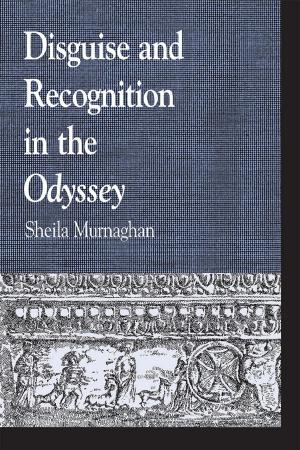Tibetan Subjectivities on the Global Stage
Negotiating Dispossession
Nonfiction, Religion & Spirituality, Eastern Religions, General Eastern Religions, History, Asian, China, Social & Cultural Studies, Social Science, Anthropology| Author: | Franz Xaver Erhard, Julia Meredith Hess, Kamila Hladíková, Lama Jabb, Frank J. Korom, Per Kvaerne, Thomas Kauffmann, Jigme Yeshe Lama, Yu-Shan Liu, Dawa T. Lokyitsang, Martin A. Mills | ISBN: | 9781498552394 |
| Publisher: | Lexington Books | Publication: | November 8, 2018 |
| Imprint: | Lexington Books | Language: | English |
| Author: | Franz Xaver Erhard, Julia Meredith Hess, Kamila Hladíková, Lama Jabb, Frank J. Korom, Per Kvaerne, Thomas Kauffmann, Jigme Yeshe Lama, Yu-Shan Liu, Dawa T. Lokyitsang, Martin A. Mills |
| ISBN: | 9781498552394 |
| Publisher: | Lexington Books |
| Publication: | November 8, 2018 |
| Imprint: | Lexington Books |
| Language: | English |
Tibetan Subjectivities on the Global Stage: Negotiating Dispossession explores the many ways Tibetans are reimagining their cultural identity since the communist takeover of Tibet in the 1950s. Focusing on developments taking place in Tibet and the diaspora, this collection of essays addresses a wide range of issues at the heart of Tibetan modernity. From the political dynamics of the exiled community in India to the production of contemporary Tibetan literature in the PRC, the collection delves into various aspects of current significance for the Tibetan community worldwide such as the construction of Bon identity in exile, the strategic use of the discourse of development or the issue of cultural and linguistic purity in an increasingly hybrid and globalized world. Moving away from the preservationist paradigm that regards Tibetan culture as an endangered and precious object, the essays in this book portray Tibetan identities in motion, as lived subjectivities that travel, change and creatively reimagine themselves on various global stages. Even if recent Tibetan history is marked by imposed transitions and a sense of dispossession, this collection highlights the ways Tibetans have not only managed traumatic historical events but also become agents of change and reinventors of their own traditions.
Tibetan Subjectivities on the Global Stage: Negotiating Dispossession explores the many ways Tibetans are reimagining their cultural identity since the communist takeover of Tibet in the 1950s. Focusing on developments taking place in Tibet and the diaspora, this collection of essays addresses a wide range of issues at the heart of Tibetan modernity. From the political dynamics of the exiled community in India to the production of contemporary Tibetan literature in the PRC, the collection delves into various aspects of current significance for the Tibetan community worldwide such as the construction of Bon identity in exile, the strategic use of the discourse of development or the issue of cultural and linguistic purity in an increasingly hybrid and globalized world. Moving away from the preservationist paradigm that regards Tibetan culture as an endangered and precious object, the essays in this book portray Tibetan identities in motion, as lived subjectivities that travel, change and creatively reimagine themselves on various global stages. Even if recent Tibetan history is marked by imposed transitions and a sense of dispossession, this collection highlights the ways Tibetans have not only managed traumatic historical events but also become agents of change and reinventors of their own traditions.















